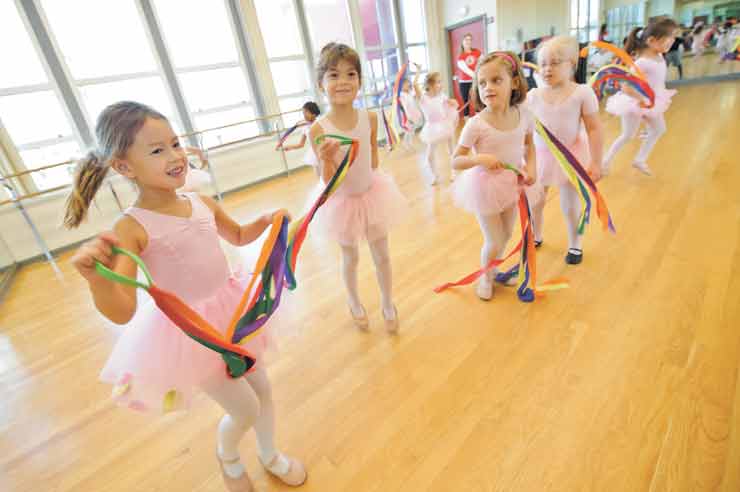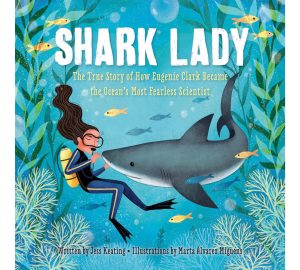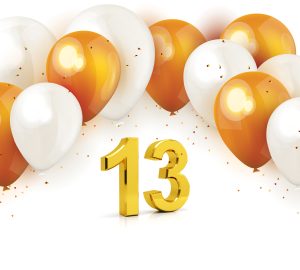With dozens of museums, theaters and dance companies, it’s obvious St. Louis is big on culture. And not just for the grown-ups. There’s plenty to fuel the creativity of even the tiniest thespian, maestro or prima ballerina.
[performing preschoolers: coca]
At a recent family gathering, 4-year-old Camille and 6-year-old Charley donned leotards and ballet shoes for a mini-recital. This is not an unusual scene at the Welsch home: the sisters often play ballet class together and Charle, with one year of COCA classes under her belt, already has set a goal to dance en pointe someday, says her mother, Elizabeth Welsch. Independent artistic expression is the goal at COCA, even in very young children, says Shawna Flanigan, director of arts education. “We have classes in a wide variety of areas for early childhood—everything from dramatic play, which is theater-based, to pre-ballet and tap dancing, to little circus stars and classes in visual arts,” she adds. Preschool was the perfect time for Charley and Camille to begin dance classes, Welsch says, adding that parents shouldn’t underestimate the abilities of their youngsters. “They are such sponges at this age and so willing and eager to learn,” she says. “My 4-year-old comes home and tells me about everything she’s learning. She soaks it right up.” Dance classes at COCA aren’t all pirouettes and tendus—valuable life skills are learned, too. “Charley will watch ballet on TV or YouTube and want to perform those moves,” Welsch says. “We tell her you have to learn the building blocks, and that takes time. It’s teaching her how to learn.” Whichever artistic endeavor preschoolers pursue at COCA, they also will be sharpening their problem-solving skills, says Flanigan. “I hear from people that their kids go home and experiment with what they learn here,” she says. “It really ignites their imagination—they experience something here and it carries over.”

[mozarts in miniature: community music school]
A 9-year-old listens to a Vivaldi concerto, picks up her violin and starts to play along. Her music is the product of Community Music School’s Suzuki program, specifically designed for youngsters to learn violin or cello. “When our girls start to be able to listen to a song on a CD and play it, that’s the magical part,” says Emily Gardner, whose three young children are in the program. The Suzuki method in violin, which is intended for kids between the ages of 4 and 6, and cello, from 5 to 7, is a specialized system long acclaimed by music educators. “It takes the way children innately learn language and applies it to learning an instrument,” says Susan McDonald, Suzuki faculty coordinator. “Just like children start speaking by listening and repeating a few words, our students gradually add to their musical vocabulary. Because parents are involved in the process as home teachers, our students are able to start as young as 4 years old.” It’s widely held that the ability to play an instrument helps kids academically, McDonald says. “This is a long-term project and is something that has to be worked on every day,” she says. “With children for whom things come easily in school because they are very bright, this is an area where they learn to work. They have to be persistent and set goals.” Music lessons also can help parents connect with more introverted youngsters. “We do a lot of other activities, but this is the only thing where the parent is important to the process,” Gardner says. “If you’ve got kids who are really shy, sometimes it’s hard to connect. But if you’re playing music together, you’re engaging and building a relationship.”

[all the world’s a stage: stages]
When Samantha Seigel walked into her first Stages class at the age of 5, she was a shy and nervous little girl. After a few weeks, she had blossomed. “She’s always been a singer and has been harmonizing since she was 3,” says Laura Seigel, Samantha’s mother. “Stages has been so amazing for her. At her first class, which was musical theater, she was really nervous and wouldn’t even let me leave. Now it’s her home.” For almost three decades, Stages has brought Broadway theater to St. Louis. The organization also aims to cultivate a passion for the arts in children, says Vince Pesce, director of education. Stages’ programs start at preschool and extend all the way to professional adults, with both schoolyear and summer classes offered, he adds. Today, 13-year-old Samantha is a member of Triple Threat, Stages’ premier, audition only performance group. She also takes private voice lessons and participates in her school’s show choir. “Without Stages, I probably wouldn’t be the energetic person I am, because I used to be really shy,” Samantha says. “I’ve been coming to these classes every year and every summer. It’s gotten me out of my comfort zone.”“Stages lets kids explore their creativity in a safe environment with people who care,” Laura Seigel says. “This is Samantha’s thing, her niche. Every summer, when she returns to plays, it’s usually the same group of kids, and they’re so excited to see each other. It gives them a sense of community.” Samantha’s story is not an unusual one at Stages. “I’ve seen children come in extremely shy, and a few weeks later, they will be confident little individuals who are able to express themselves. They learn that through singing and acting class,” Pesce says.
Photos by Peter Wochniak and Jodie Allen








